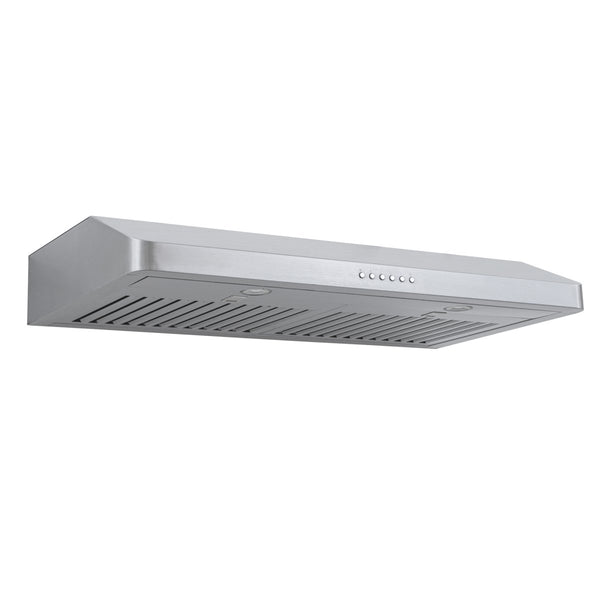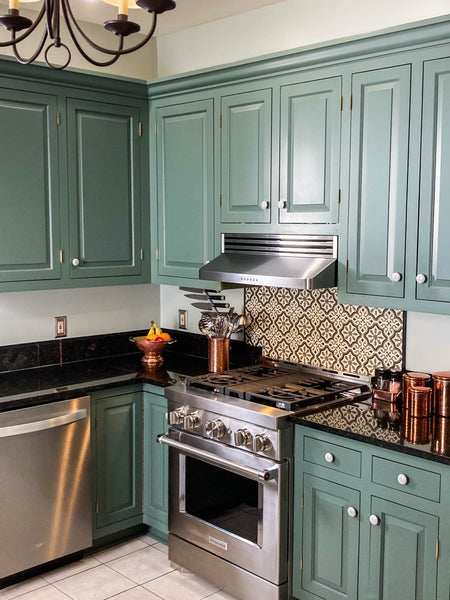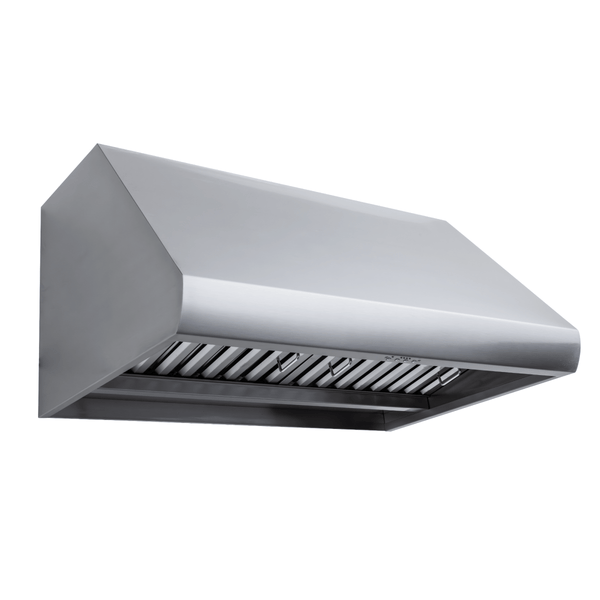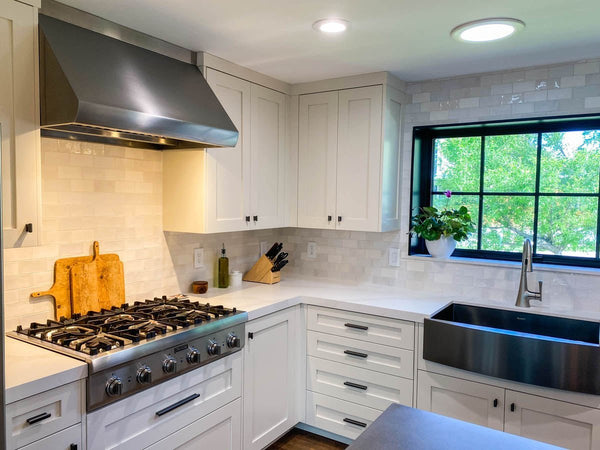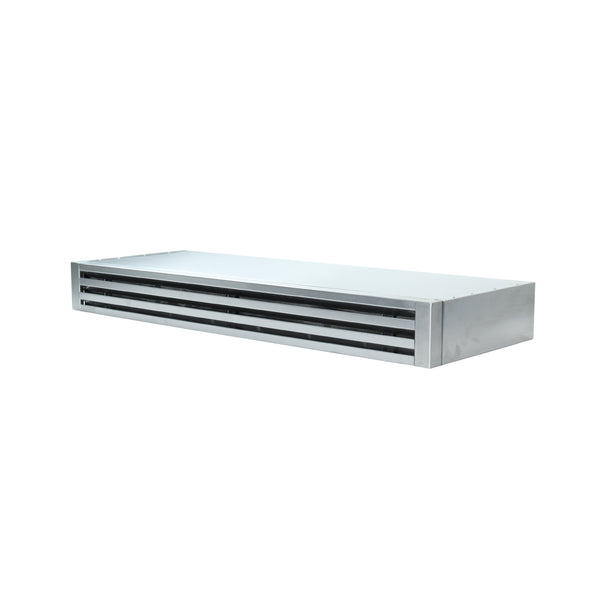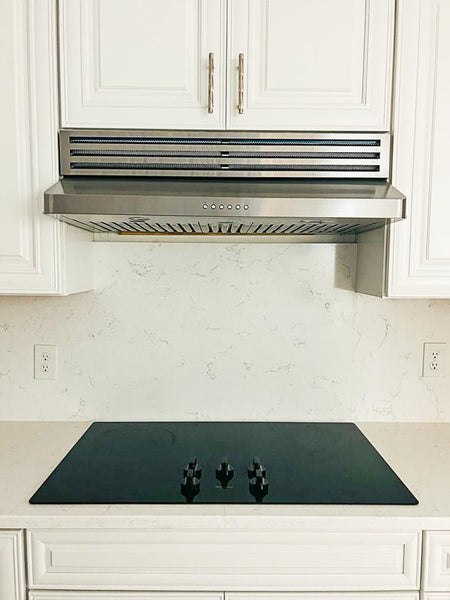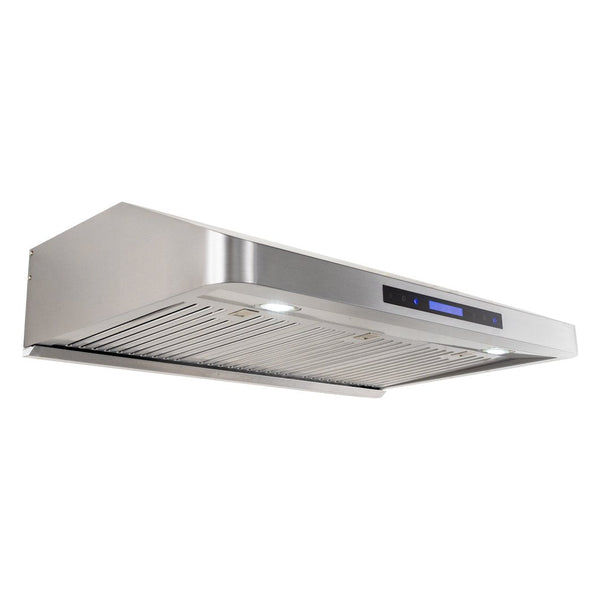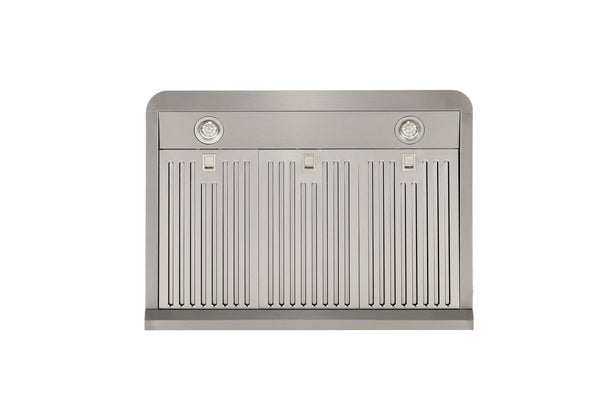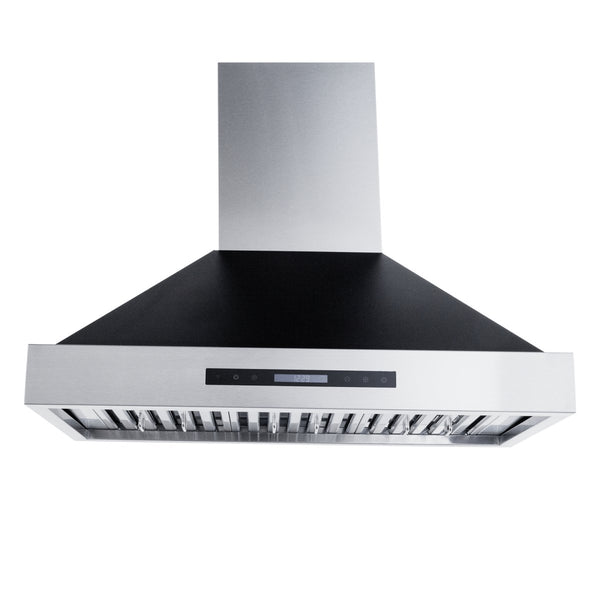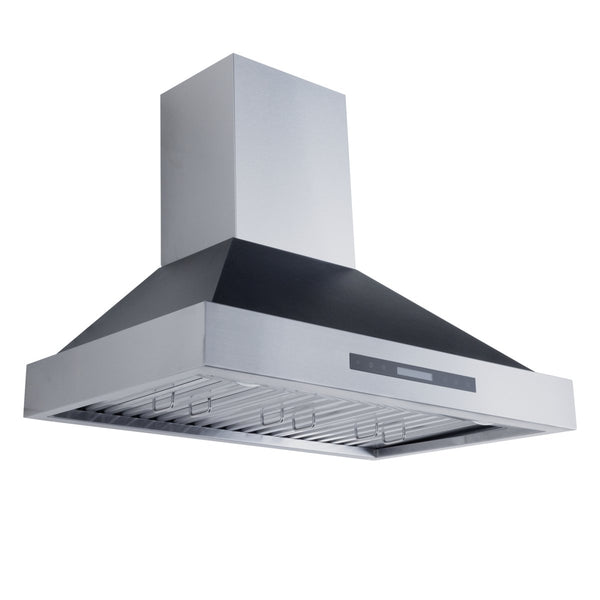Kitchen cabinets are one of the most important furnishings in your kitchen. Most kitchens today feature cabinets – after all, you need some way to store your dishes, food, cleaning supplies, and much more.
But one of the most daunting tasks of your kitchen remodel is painting the cabinets – especially if you don’t have experience painting. They can be a little trickier to paint than your walls, too.
But, you don’t need to worry. Here’s a complete guide on how to paint kitchen cabinets like a pro.
Step 1: Collect all the supplies.
Have supplies handy before painting your kitchen cabinets. Here’s what you’ll need:
The Kitchen Cabinets
In case you are moving to a new house, the first step is to buy the cabinets. There are many different cabinets available today, such as laminate, wood, glass front, and more. I would recommend wooden kitchen cabinets. They are popular this year and more durable as well.
Acrylic Latex Paint
To paint your wooden cabinets, use acrylic latex paint with a semi-gloss or satin finish.
Some people may go for high-gloss paint, but that makes the dust and scratches more noticeable.
Choose the color according to your theme and decor of the house. For a farmhouse kitchen, white and beige are two of the most popular colors. Or, you might choose to go with a bolder style and paint your cabinets dark blue or black.
Primer
Invest in a quality primer-sealer as a base coat for your kitchen cabinets. Applying primer increases the longevity of the paint.
Other supplies include a paintbrush, duct tape, paint roller, sandpaper, gloves, and a putty knife.
Step 2: Remove the cabinets and their hardware
Rather than paint your cabinets while they are mounted in your kitchen, it’s much easier and more efficient to take them down before painting. Use a screwdriver or drill to remove the knobs, hinges, and other hardware.
To remember where each cabinet door was mounted, assign a letter of the alphabet to each door.
Now it’s time to prepare for painting.
Step 3: Clean and sand the cabinets
To get the best results painting your cabinets, it’s important to clean and sand them first. To tackle the tough grease on your cabinets, use a mixture of Trisodium phosphate (TSP) and water. Use a quarter-cup TSP per gallon of water.
TSP is a strong chemical, so wear gloves and use a sponge to clean the surface with this mixture. You can also fill the dents or holes by using wood fillers with the help of a putty knife.
Once you cleaned the cabinets, use sandpaper to smooth the surface. Fold the sandpaper to get into the corners and divots with ease. The paint will stick more readily to the smooth surface of your cabinets.
Step 4: Apply primer.
Now that you have a clean surface to paint, it’s time to add the primer. First, add painting tape to the areas that you don’t want to paint.
Here’s a short helpful video to tape your kitchen cabinets efficiently.
When you’re done taping, take a paintbrush to apply a thin and even coat of primer to the surface of your cabinets.
Using a primer before paint provides an excellent base for water-based paint and also results in a better finish.
Step 5: Apply the paint.

Once the primer has dried completely, start applying the paint. Add the thin coats of the acrylic latex paint on the inside edges and corners. Always start with painting the interior, followed by the outer cabinet sides and front frames.
Use a small paintbrush to paint the hard to reach areas. For flat-panel cabinets, use a roller brush to cover the surface with ease.
While applying the paint, make sure that there are no drips or smudges. If you see any drips, dab them with a paper towel or catch them with your brush before the paint dries.
After you have painted the cabinet interior, apply the paint on the doors and the front. You can also paint the drawers and other moldings. Don’t forget to paint the corners and edges of your cabinets too.
If you are applying paint with a brush, do not brush in several directions. Also, paint one layer at a time. Too much paint on your cabinets creates air bubbles and can leave pits or bumps after drying.
Apply the second layer of paint only after the first one has dried completely. You can also resand the surfaces before every coating of the paint as it can provide more adhesion. Generally, it takes two to three coats of paint for a beautiful finish on your kitchen cabinets.
In Summary
When you’ve finished painting your kitchen cabinets, let everything dry completely before reassembling. Then, remove the painter’s tape and attach all the hardware on the cabinets and drawers. Inspect the cabinets closely for any areas that didn’t get painted fully. Then, make the finishing touches with a small paintbrush.
Hopefully this article helped you paint your kitchen cabinets with ease. Thanks for reading and good luck with your remodel!
Thanks to Sharon from Aashirwad Interiors for this guest post.
Related Articles
5 Crafty Kitchen Storage and Organization Ideas
